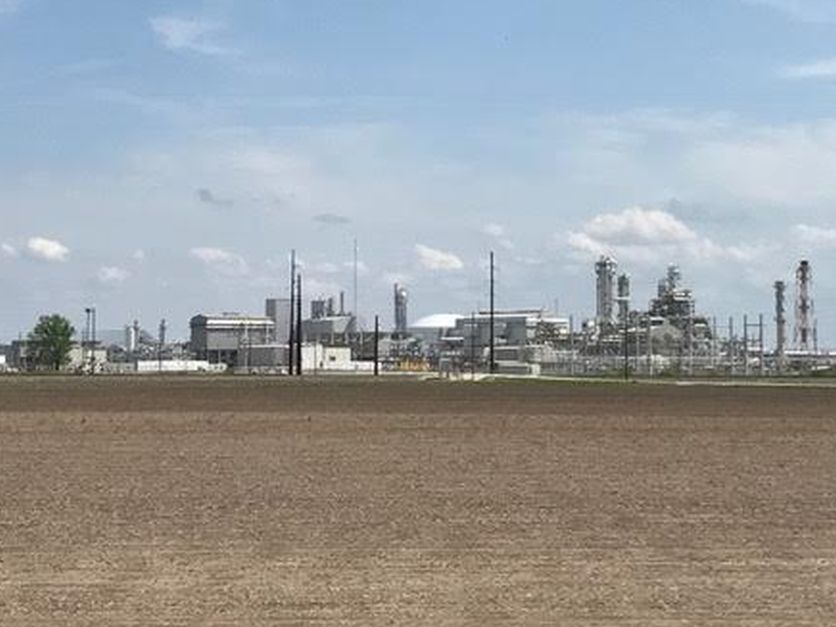Strong global demand for agricultural commodities will put more pressure on limited phosphate and potash supplies and strengthen fertilizer prices in 2024, Mosaic CEO Joc O’Rourke said Wednesday.
Demand for fertilizer from both American and Brazilian farmers will rise in 2024 as they compete to supply China and the rest of the world, where conflict, bad weather and natural disasters are taking their toll on production, O’Rourke said on an earnings call.
Mosaic is now predicting global phosphate shipments to reach as high as 76 million tons in 2024. Meanwhile, shipments of potassium chloride - the most common potash product – are expected to go as high as 72 million tons.
Brazil’s fertilizer stocks had tamped down demand, but those supplies are now dwindling, and the country is going to need plenty of fresh supplies for its safrinha – Brazil’s largest corn crop that’s grown after the soybean harvest.
“For the full year we expect total fertilizer shipments in Brazil to be 43 to 44 million tons, the second highest total in history,” O’Rorke said. “With de-stocking of fertilizers in Brazil complete, inventories are quite low and will need to be replenished for 2024.”
U.S.-based Mosaic is the largest supplier of fertilizer to Brazil, said Bruce Bodine, who will be replacing O’Rourke as CEO after December.
China, which has sharply restricted phosphate exports for the past 18 months, is contributing to the tightness in global fertilizer supplies while at the same time adding to demand for crops produced by U.S. and Brazilian farmers by ramping up imports. China, which exported about 11.4 million metric tons of phosphate in 2021, is expected to export as little as 7 million tons in 2024.
It’s easy to be “in the know” about what’s happening in Washington, D.C. Sign up for a FREE month of Agri-Pulse news! Simply click here.
Belarus is a major global supplier of potash, but sanctions because of its support for Russia in the war against Ukraine mean the country is still having difficulty exporting. Belarus can no longer ship through Lithuanian ports and has been forced to divert supplies to Russia or China by rail, said O’Rourke, and that means the country’s exports will again be limited. Belarus will manage to export about 8 million tons this year – far less than the 12 million it was exporting annually before the war - but that may increase to as much as 9 million tons in 2024.
Furthermore, Canada will be limited in how much it can make up for the loss of potash on the international market because of “labor strikes, rail congestion, and terminal repairs,” said O’Rourke.
“For several quarters now we have discussed that once volumes begin to move, prices will follow,” O’Rourke said. “We're now seeing available volumes move and pricing has stabilized and shown seasonal strength in many markets."


